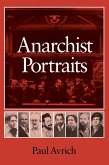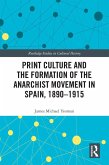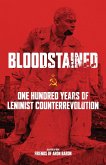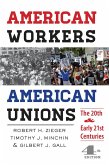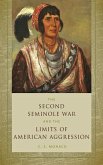Originally published in 1978. When compared with socialist and communist systems in other nations, the impact of radicalism on American society seems almost nonexistent. David DeLeon challenges this position, however, by presenting a historical and theoretical perspective for understanding the scope and significance of dissent in America. From Anne Hutchinson in colonial New England to the New Left of the 1960s, DeLeon underscores a tradition of radical protest that has endured in American history-a tradition of native anarchism that is fundamentally different from the radicalism of Europe, the Soviet Union, or nations of the Third World. DeLeon shows that a profound resistance to authority lies at the very heart of the American value system.The first part of the book examines how Protestant belief, capitalism, and even the American landscape itself contributed to the unique character of American dissent. DeLeon then looks at the actions and ideologies of all major forms of American radicalism, both individualists and communitarians, from laissez-faire liberals to anarcho-capitalists, from advocates of community control to syndicalists. In the book's final part, DeLeon argues against measuring the American experience by the standards of communism and other political systems. Instead he contends that American culture is far more radical than that of any socialist state and the implications of American radicalism are far more revolutionary than forms of Marxism-Leninism.
Dieser Download kann aus rechtlichen Gründen nur mit Rechnungsadresse in A, B, BG, CY, CZ, D, DK, EW, E, FIN, F, GR, HR, H, IRL, I, LT, L, LR, M, NL, PL, P, R, S, SLO, SK ausgeliefert werden.



